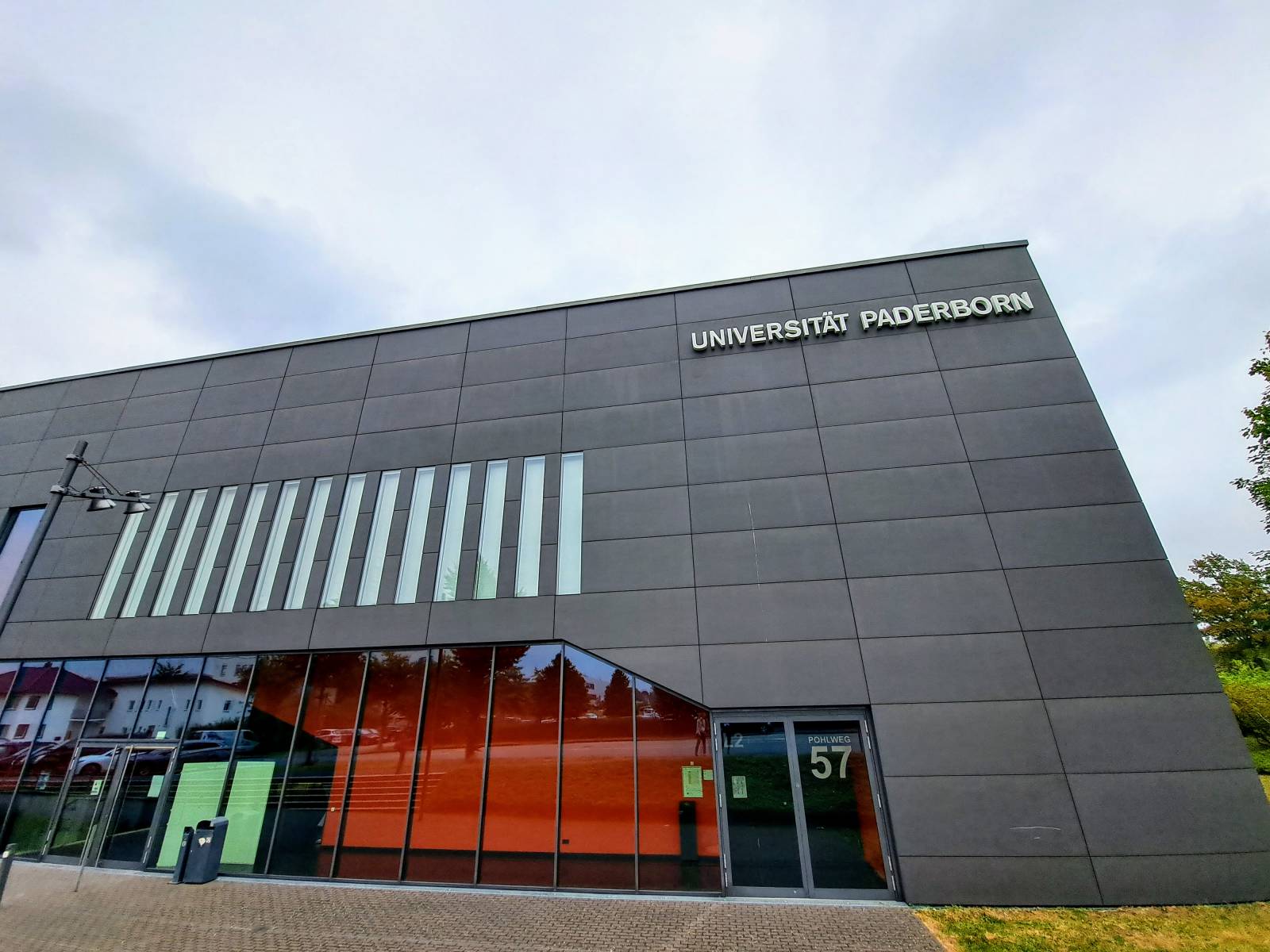The keynote lecture was given by Professor Hans Gruber who noted that the idea of work in workplaces, and learning in trainings and conferences is still common in the world of work. Things are of course not this simple. We learn by doing, wondering and problem-solving together, thus learning and development cannot be separated from the work itself. Professor Gruber also highlighted many forthcoming research methods and designs, such as data mining and neurocognitive measurements, and the importance to analyse relations between theory and practise.
Several members of the PGL research group presented their research during the conference:
Ilmari Puhakka presented results from a study investigating construction workers’ goal orientation profiles and their connections to approaches to learning at work, self-efficacy beliefs, and work engagement. According to the results, majority of employees were in mastery or performance-oriented groups, and employees who were in the groups characterized by high mastery orientation reported highest levels of deep approach to learning, self-efficacy, and work engagement. Results were similar to previous research conducted in academic settings.
Eija Lehtonen’s presentation was about a research project in which we investigated how workplace learning opportunities and career success are related to job satisfaction and turnover intention in expert work. To summarize, learning and well-being are intertwined in many ways at work. The workplace can support employees’ professional growth and experience of career success, which in turn leads to greater job satisfaction and less turnover intention. In particular, work-life balance, positive feedback and recognition as an expert, as well as having enough time to learn new things alongside work, are important for job satisfaction.
Petri Nokelainen presented results from a study which investigated whether positive and negative emotions, digital skills, and reflection on teaching contribute to the development of university teachers’ expertise in online teaching settings. Study adopted a longitudinal study design and analysed the factors within and between participants. Task related positive emotions and digital skills were connected to developing online teaching within but not between participants. Reflection, on the other hand, contributed to development of online teaching between but not within participants.
Anna Wallin’s paper session presented a qualitative data collection method called the method of empathy-based stories (MEBS). In her presentation, she introduced the method, illustrated ways of designing and conducting MEBS research, and discussed its methodological strengths and limitations, particularly in the context of professional learning and development research.
Conference website: https://en.kw.uni-paderborn.de/sig14
EARLI SIG14 website: https://www.earli.org/node/37

